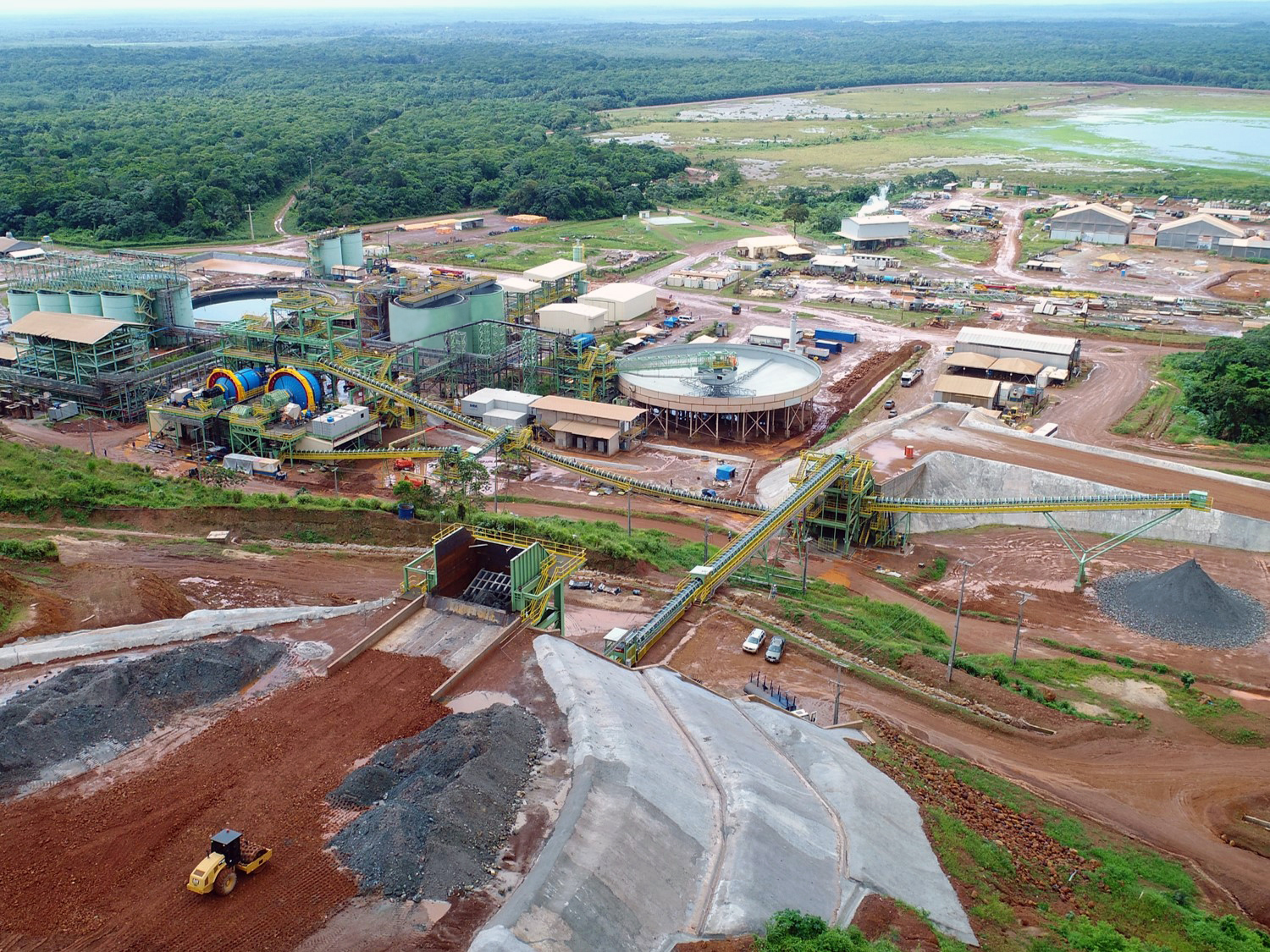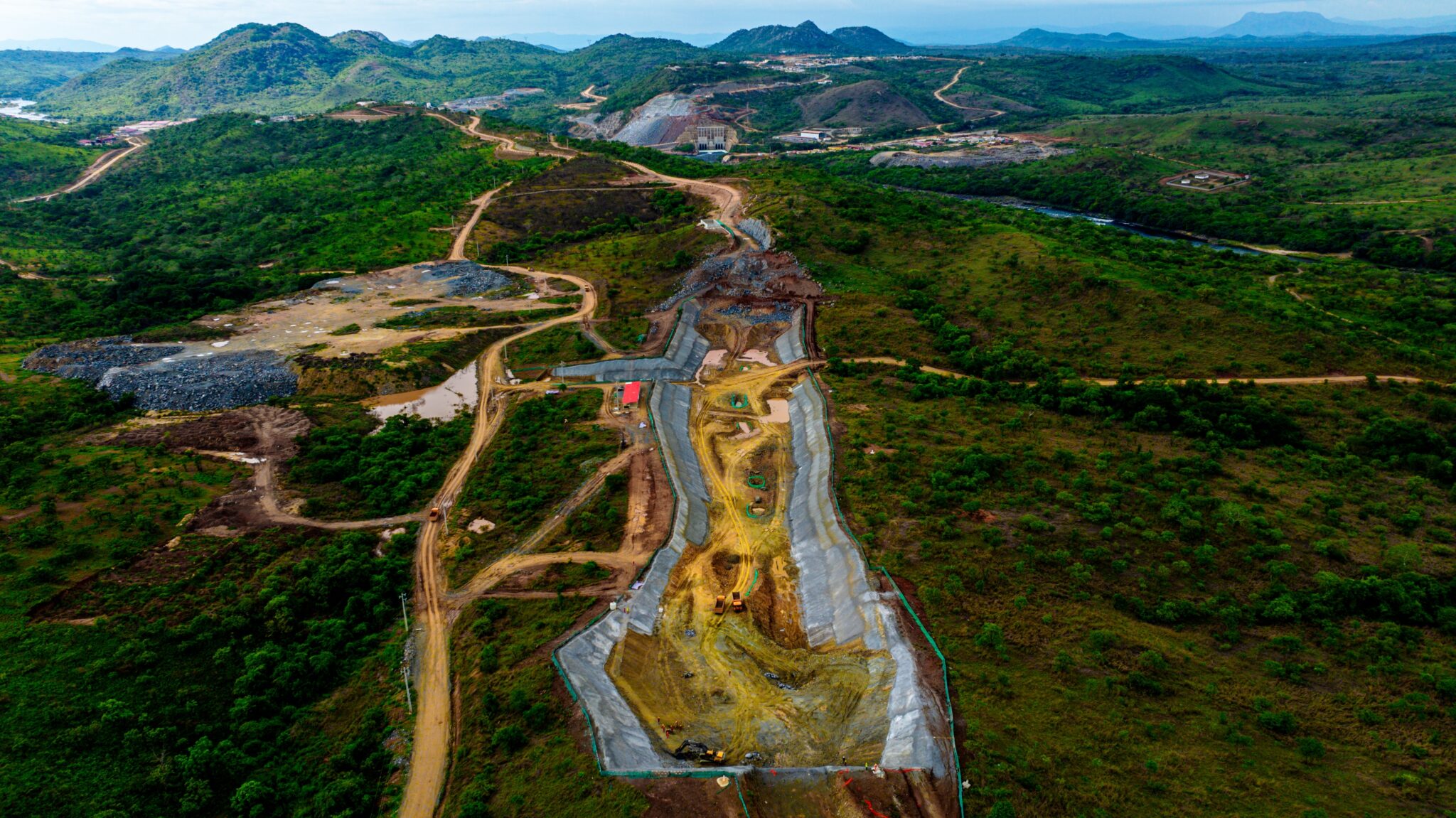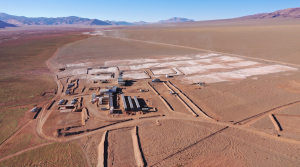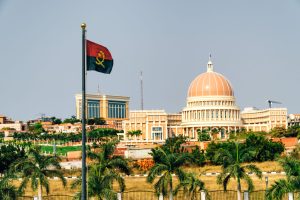Nationwide lockdown looms as Ghana battles illegal mining crisis
Ghana is set to undergo a nationwide lockdown on Monday, September 30, as civil servants and labor unions escalate their campaign against illegal mining, widely known as Galamsey. The environmental devastation caused by these unregulated operations has triggered growing demands for urgent government intervention, including a state of emergency in mining areas and the cancellation of mining licenses.
Recent reports from the Ghana Water Company Limited (GWCL) highlight the gravity of the situation, with severe water shortages resulting from the contamination of key water sources. According to the GWCL, 60% of the country’s major water bodies have been polluted, and water treatment systems are being overwhelmed by turbidity levels, which have skyrocketed to an average of 14,000 NTU—far exceeding their capacity of 2,000 NTU.
Calls for Emergency Action
A coalition of civil society organizations, labor unions, media outlets, and religious leaders has intensified its pressure on the government to act decisively. They are calling for the declaration of a state of emergency in all affected areas, the deployment of security forces to clear illegal miners from water bodies, and the immediate revocation of mining licenses.
Dr. Kenneth Ashigbey, Convener of the Ghana Coalition Against Galamsey, expressed the urgency of the situation, stating, “When you go to war and poison the enemy’s water, it’s considered a war crime. But here, people are poisoning their own water, and the leaders are failing to act. This is a crisis, and the president must act now.”
Albert Kwabena Dwumfour, President of the Ghana Journalists Association, echoed these concerns, urging the government to deploy the military to affected areas and cancel all mining permits in protected biodiversity zones.
Environmental Crisis
Illegal mining has left a trail of destruction across the country. In addition to contaminating water bodies, it has devastated farmlands, particularly in cocoa-producing regions, and led to the destruction of at least 34 forest reserves.
As the country prepares for the lockdown, all eyes are on the government to respond to the escalating crisis and take the necessary steps to halt the environmental degradation threatening the nation’s water security and agricultural productivity.
Share this content:














